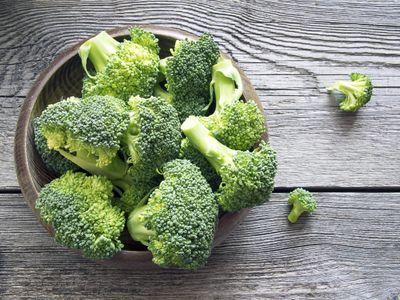How Much Zinc Do I Need and Why
Zinc deficiencies are common in vegetarians and vegans. That is because a plant based diet doesn’t allow for ingestion of zinc-rich animal products. Supplements are one solution, but the addition of certain vegetables for zinc can also increase levels of this mineral. Keep in mind that foods in the legume family may actually limit absorption, so if your diet is high in these, counter balance with other vegetable zinc sources. The current DV for zinc is 15 milligrams, but vegans should aim for 30 mg. This is due to the high consumption of phytate containing foods in the vegan diet. These limit the amount of zinc the body can uptake. Zinc is important for the immune system, enzyme production, building proteins, DNA, and to keep a good sense of smell. It also assists with carbohydrate metabolism, builds healthy skin and nails, and improves wound healing. Zinc deficiencies cause a lower immune response, hair loss, and estrogen imbalance. It can even cause stunted growth in young people and severe diarrhea. As with everything, it is a careful balance where excess zinc can release toxic free radicals. Veggies high in zinc are an excellent way to keep a good supply of this essential mineral. However, certain factors can inhibit absorption of zinc. One of these has already been discussed– phytates. Other issues can delay absorption of the nutrient too. Inadequate protein slows zinc uptake. This is a common issue among vegans, especially those new to the practice. Additionally, the main sources of protein for vegans is often legumes and nuts, which contain phytates. Leavening and fermentation can actually increase zinc absorption which is why foods like tofu and tempeh, which are vegetable zinc sources, help enhance zinc consumption. Soaking your beans and lentils well before cooking can also remove some phytates.
Zinc Rich Vegetables
Developing a diet that encompasses all the minerals and nutrients needed for good health takes some practice. Spinach may be one of the most zinc rich veggies. Other vegetables for zinc include:
Mushrooms Asparagus Corn Broccoli Wheat Germ Oats Garlic Rice (especially brown) Okra Zucchini
Nuts and seeds are high in protein but also zinc. Try to add zinc to your diet with seeds like:
Pumpkin Sunflower Hemp Flax Chia
Nuts are part of a zinc rich food regimen, such as:
Peanuts (actually a legume) Brazil nuts Walnut Cashew Almonds Pecans
